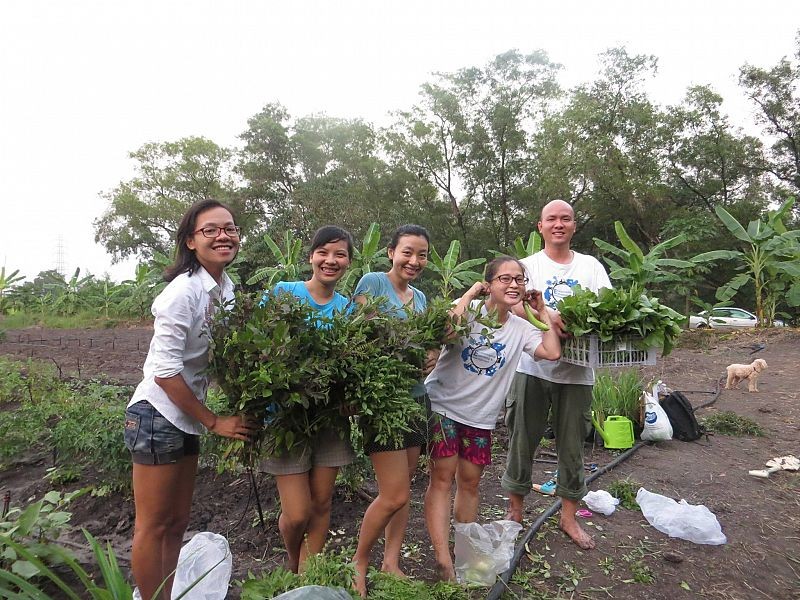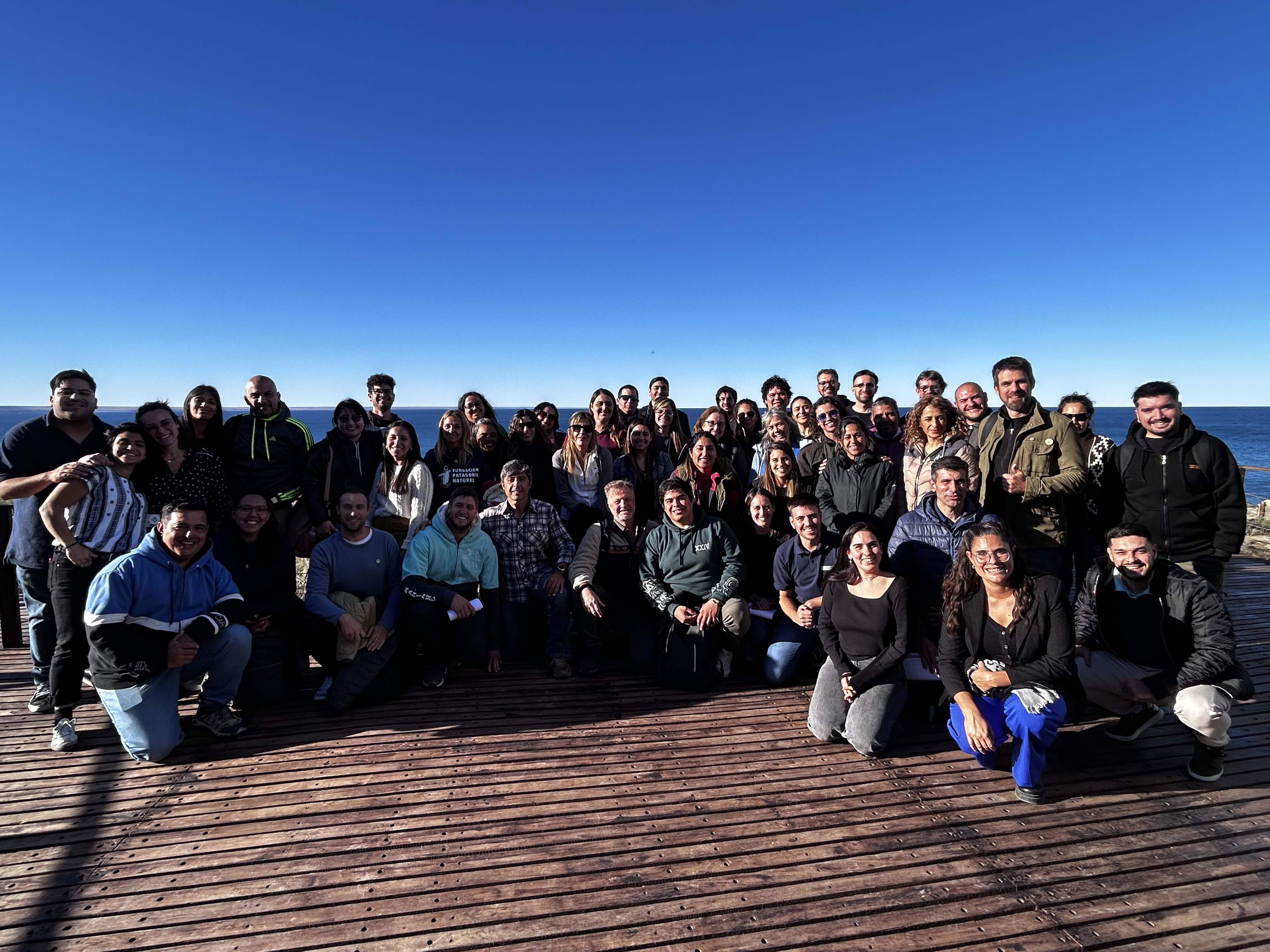More than 45 teachers from 15 schools in Chubut Province, Argentina, participated in the first training to launch our newest capacity building partnership: the YouthEnergy project.
Integrated Community Farming in Thailand
The AIT campus is a residential campus for postgraduate students, staff and faculty from more than 30 countries. 73 community members were involved in this farming venture, carrying out the gardening, farming and fishing activities. The total land available for this project was about 550 m2. The first six months of the project period were used to develop the concept, motivate the community, and design and install the system. The remaining time was used to conduct training sessions and to plant and cultivate the crops.
Solar PV panels produced electricity to pump water, which was distributed through a network of pipes to drip sprinklers, which watered the plants. A solar drier was used for drying some of the vegetables produced.
This project brought the community together regardless of age, gender or other social factors, and made an important contribution to sustainability on the AIT campus. The use of solar panels as a power source saved money and labour and reduced emissions compared to other sources of electricity generation. In addition, the use of organic fertilisers maintained the soil quality and the drip irrigation system was introduced to limit water use.
Having completed the initial project, some of the participants have already expressed serious interest in continuing with the farming activities.
Project photos are available on our Facebook page and more general information can be found on our SEPS Project Page: Renewable Energy Technologies for Integrated Community Farming Systems.
AIT also features detailed project information on their own website.


